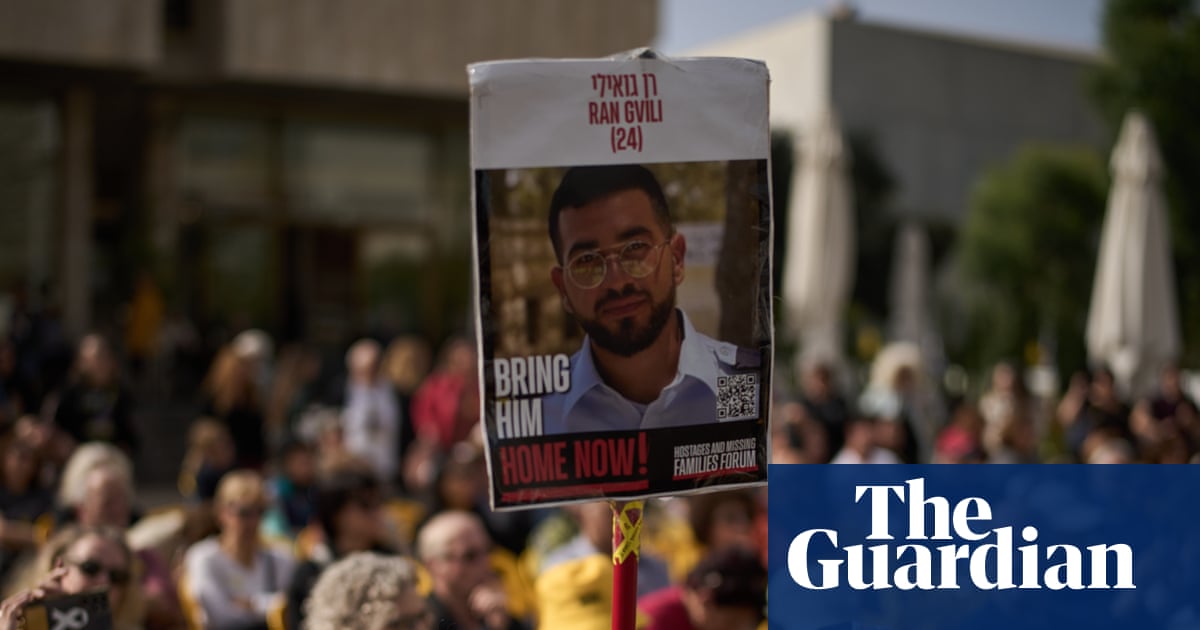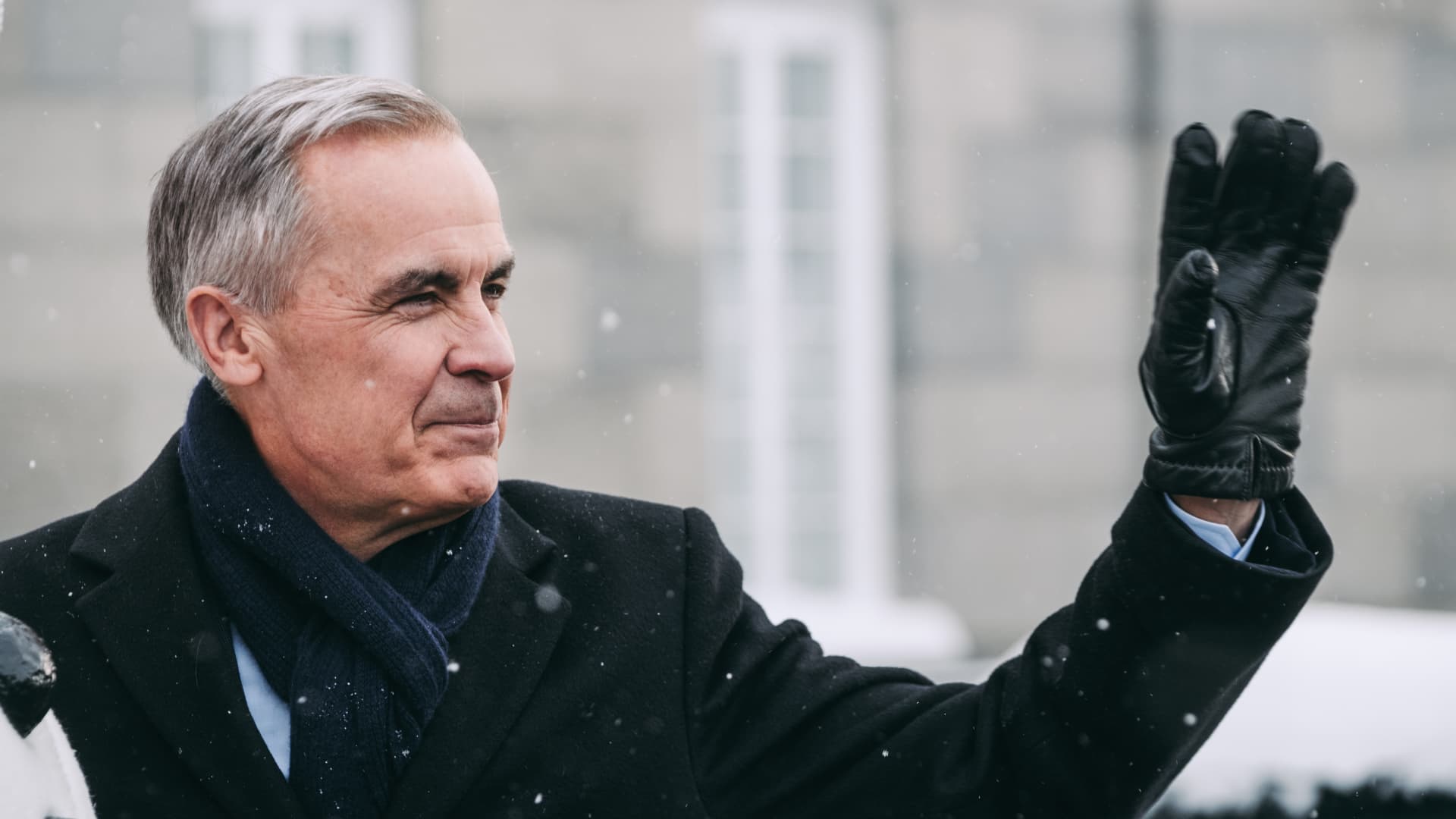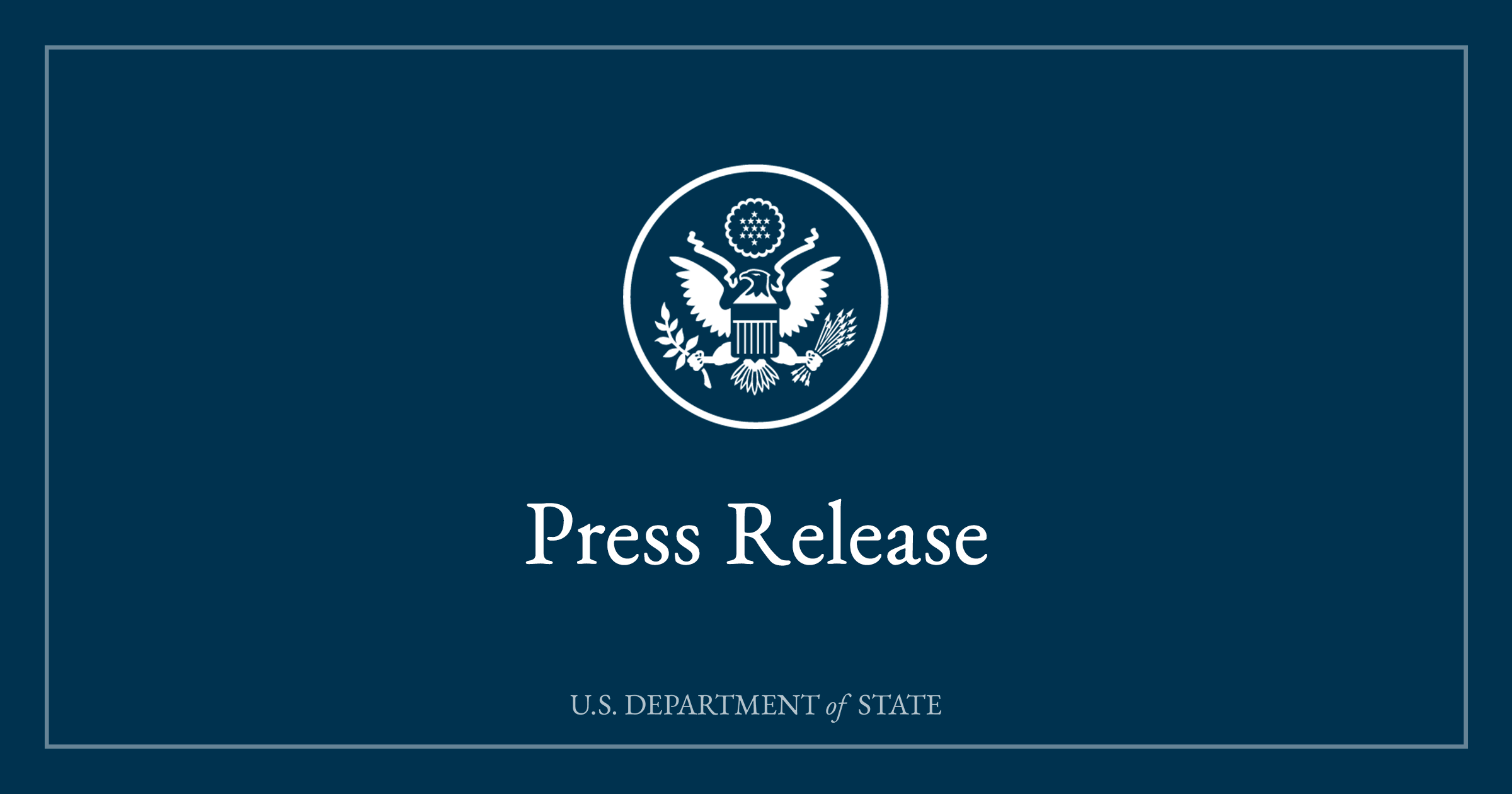India is preparing to significantly lower import duties on cars from the European Union as part of a long-awaited free trade agreement that could be announced as early as Tuesday, according to a Reuters report.
…

India is preparing to significantly lower import duties on cars from the European Union as part of a long-awaited free trade agreement that could be announced as early as Tuesday, according to a Reuters report.
…

Democratic ex-presidents Barack Obama and Bill Clinton have spoken out against the fatal shooting of a 37-year-old nurse in Minneapolis, the second person to be shot dead by federal immigration officers in the city this month.
In a statement…

Israel said on Sunday its military was conducting a “large-scale operation” to locate the last hostage in Gaza, as Washington and other mediators pressure Israel and Hamas to move into the next phase of their ceasefire.
The statement came as…

Canada has “no intention” of pursuing a free trade deal with China, Prime Minister Mark Carney said, after U.S. President Donald Trump threatened to slap punitive tariffs on Ottawa.
Speaking to reporters on Sunday, Carney said that the country…

China’s most senior general is under investigation, China’s defence ministry has confirmed, in the highest profile case to date in an aggressive anti-graft purge of senior military leadership in recent months.
Zhang Youxia serves as…

January 26, 2026
BEIJING – President Xi Jinping and Brazilian President Luiz Inacio Lula da Silva pledged to deepen bilateral cooperation and jointly safeguard the central role of the United Nations amid the current turbulent international…

The text of the following statement was released by the Governments of the United States of America and the Sultanate of Oman on the occasion of the Third U.S.-Oman Strategic Dialogue.
Begin Text
His Excellency Sheikh Khalifa bin Ali bin Issa…
